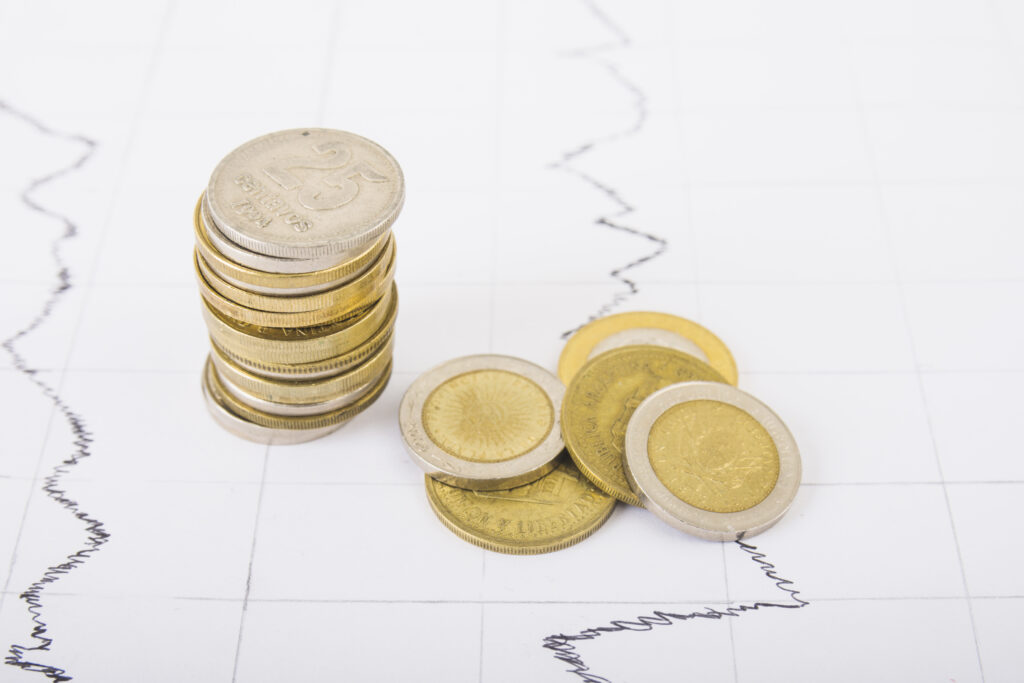If you’ve ever invested in international stocks, received income from abroad, or held foreign currency, you’ve probably heard about exchange rate risk… or currency fluctuations.
But what does that really mean? And how can changes in currency values impact your investments?
Let’s break it down in simple, real-world terms.
What Are Currency Fluctuations?

Currency fluctuation is when the value of one country’s currency changes compared to another.
Let’s say you’re investing from Country A, but you hold shares in companies based in Country B. If Country B’s currency weakens, your investment might lose value—even if the stock itself performs well in its local market.
So, even if the business grows, you might make less (or even lose money) once that profit is converted back to your home currency.
How Currency Changes Affect Your Investments
Here’s how exchange rates can impact your portfolio:
1. Foreign Stock Investments
If you invest in global companies or foreign stock markets (e.g., U.S. stocks, European funds, emerging markets), currency changes affect your returns.
- A stronger home currency means your foreign investments may be worth less when converted.
- A weaker home currency can boost your foreign investment returns.
2. Global Mutual Funds or ETFs
If you invest in a global fund or ETF, part of your exposure includes currency risk. Some funds hedge this risk (we’ll talk about that soon), and others don’t.
Always check if a fund is “currency hedged” or not.
3. Real Estate or Businesses Abroad
If you own property, receive rent, or operate a business in another country, fluctuations in currency could affect how much money you actually receive back home.
4. Income from Freelancing or Remote Work
If you get paid in foreign currencies, your actual take-home income can vary monthly based on exchange rates. This is especially important for remote workers, freelancers, and digital nomads.
What Causes Currency Fluctuations?
Exchange rates move for many reasons, including:
- Interest rates
- Inflation
- Political or economic stability
- Government debt
- Trade balances
Sometimes it’s unpredictable. That’s why it’s smart to plan with currency movement in mind, especially if you’re investing internationally or earning in different currencies.
Should You Avoid International Investments?

Absolutely not.
Investing globally can offer:
- Diversification
- Access to fast-growing economies
- Exposure to world-leading companies
But it’s important to understand the risks and take steps to manage them.
How to Reduce Currency Risk in Your Investments
Here are a few smart ways to protect yourself:
1. Diversify Across Regions and Sectors
Don’t put all your money in one country or currency. Spread your investments across multiple countries, industries, and asset types.
2. Use Currency-Hedged Funds
Some ETFs or mutual funds offer a hedged version, which helps minimize currency risk. These might perform better in volatile periods when exchange rates are swinging.
3. Keep Some Investments in Your Local Currency
If your expenses are in your home currency, it’s wise to keep a portion of your investments aligned with that currency to avoid unnecessary losses.
4. Think Long-Term
Short-term currency changes can feel dramatic, but they often smooth out over time. Long-term investors usually have less to worry about, especially with a diversified portfolio.
Final Thoughts
Currency fluctuations are part of global investing, but they don’t have to derail your progress. By understanding how they work and adjusting your strategy, you can manage the risk and continue growing your wealth across borders.
Whether you’re a remote worker, an investor in U.S. stocks, or someone with savings in multiple currencies… it pays to stay informed.
Want a step-by-step guide to financial freedom, no matter where you live or earn?
Download our Free Financial Independence Guide to start building real, cross-border wealth—on your terms.